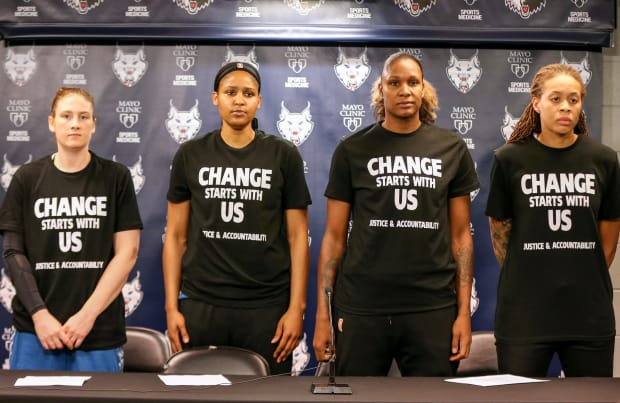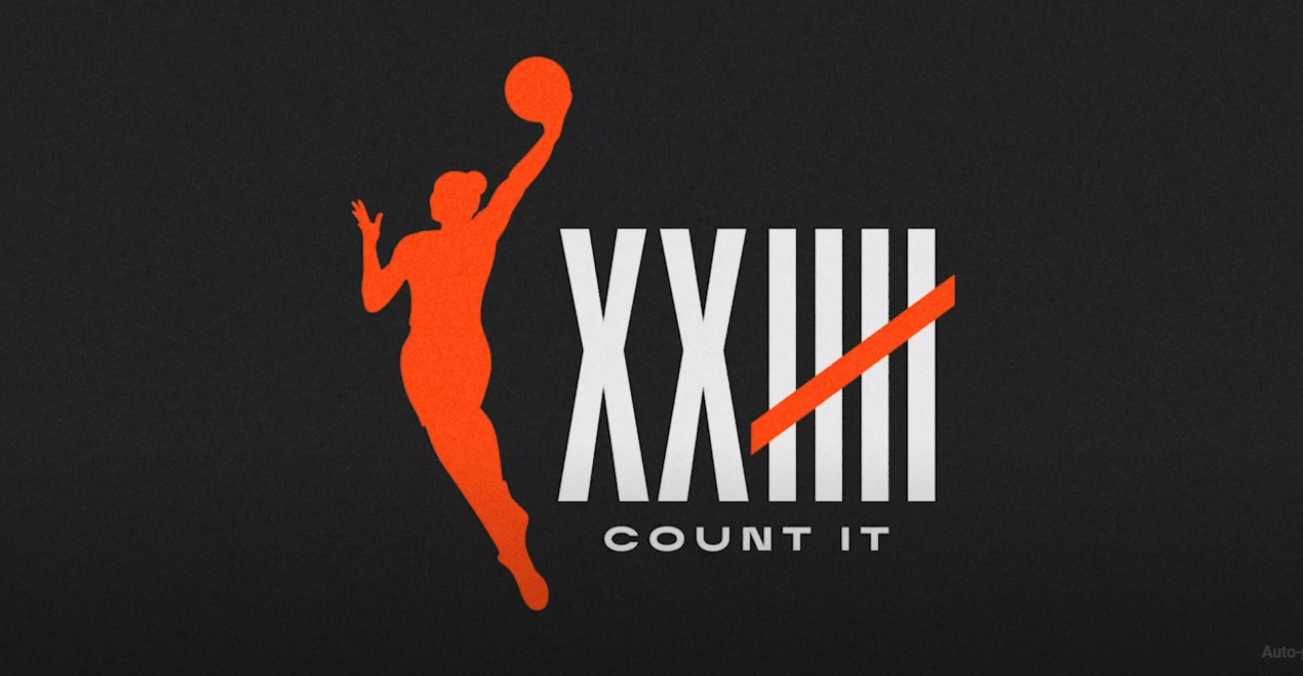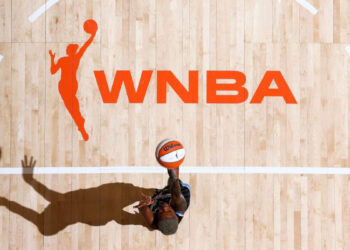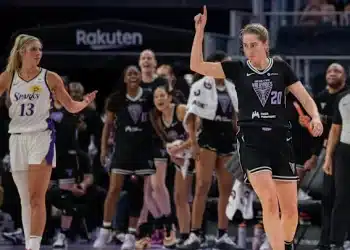By: Zachary Draves
It began 25 years ago with the motto “We Got Next”
Off the heels of growth in women’s sports in the mid 1990’s, the WNBA launched its inaugural season in 1997.
On this day in 1996, the #WNBA launches the iconic "We Got Next" campaign as the NBA Board of Governors approved the concept of a Women’s National Basketball Association
#WNBAVault | #CountIt pic.twitter.com/UQOXNaqSSy
— WNBA (@WNBA) April 24, 2021
This year they will be celebrating their 25th anniversary season.
Over a quarter-century, the WNBA has grown in stature, influence, and popularity in a gradual way.
They have touched the lives of so many, not just women and girls, but men and boys as well.
I was one of those young boys that looked up to Sheryl Swoopes, Lisa Leslie, Cynthia Cooper, Teresa Witherspoon, and Rebecca Lobo.

(Courtesy: The New York Times)

(Courtesy: The New York Times)
I rooted for the New York Liberty because I thought they had the coolest team name and colors.
One of my fondest memories was watching Teresa Witherspoon hit the winning shot at the buzzer during Game 2 of the 1999 WNBA finals against the Houston Comets.

(Courtesy: Youtube)
The Comets would go on to the title, their third straight of their dynasty run.
But the excitement of that moment stayed with me forever and cemented my love for the WNBA.
All these years later it is hard to believe that we have reached a point where the league has sustained and contrary to the naysayers who delegitimize women’s sports altogether, the league has grown and will only continue to grow.
Beyond the game and superb talent on the court, it is what the players have done off the court that cements them into a rich tradition of athlete activism.
Players such as Maya Moore, Elizabeth Williams, Natasha Cloud, Renne Montgomery, Tina Charles, Breanna Stewart, Sue Bird, Layshia Clarendon, Candace Parker, and countless others have contributed to the fight for social justice in amazing ways.

(Courtesy: Sports Illustrated)
Everything from Black Lives Matter to LGBTQ+ rights to Gender Equality, the WNBA has been at the forefront.
This past season in the “wubble” they dedicated it to the Breonna Taylor and the names of other black women who were unjustly killed by police and developed a partnership with the #SayHerName campaign.
(Courtesy: WSJ)
It was the players from the Atlanta Dream that literally changed the course of American political history in 2020 when they organized an army of new voters that marched to the polls and voted out the former Dream owner Kelly Loeffler, who made racist and disparaging comments about the Black Lives Matter movement and who frankly had no business being involved in the league in the first place.

(Courtesy: Time Magazine)
Thankfully, she is out of office and out of the league for good.
That goes to show the power and influence the players have and will continue to execute in the future.
Val Ackerman was the WNBA’s first president and held onto that role from 1996-2005.
/cdn.vox-cdn.com/uploads/chorus_asset/file/22212424/51055980.jpg)
(Courtesy: Swiss Appeal)
Today she is the Commissioner of the Big East Conference.
I had the privilege to talk to her and get her thoughts on this 25th anniversary season as well as the legacy of the league itself.
Can You Believe it has been 25 years?
Yes. This was the dream to have a league that was long-lasting. We wanted to be the league that would stand the test of time. We know that it was a marathon and not a sprint. I think it is a tribute to the incredible players and coaches.
What has it been like to see the WNBA grow?
We wanted the league to have a model business plan with the summer season and a planned primetime television schedule following after the NBA. It is important to give a nod to women’s college basketball as the pipeline for the league to grow. It has been one of the strengths of the sport. It has also been exciting to see the Olympic level grow and it will be powerful to see the team win their seventh straight gold medal.
What are your thoughts on players speaking out on social justice?
I applaud them and I applaud the league for supporting them. When the league was launched, we were doing something important for women. It was about advancement for women everywhere. I see it as an extension of a sense of purpose.
How would you sum up the legacy of the WNBA?
It is a beacon. It is about something bigger than basketball. It has created role models for not just young girls but young boys. The longevity of the speaks well to its future. Having made it this far, much to be excited about.
Val also gave credit to the popularity of the 1996 US Women’s Basketball Team that helped to contribute to the start of the league. A team that also had some future legends of the game.
In the end, the WNBA is here to stay and they will continue to be that beacon for some many and their contributions both on and off-court speak for themselves.
It started with “We Got Next” and 25 years later it is now “We Got This.”


 NFL
NFL






